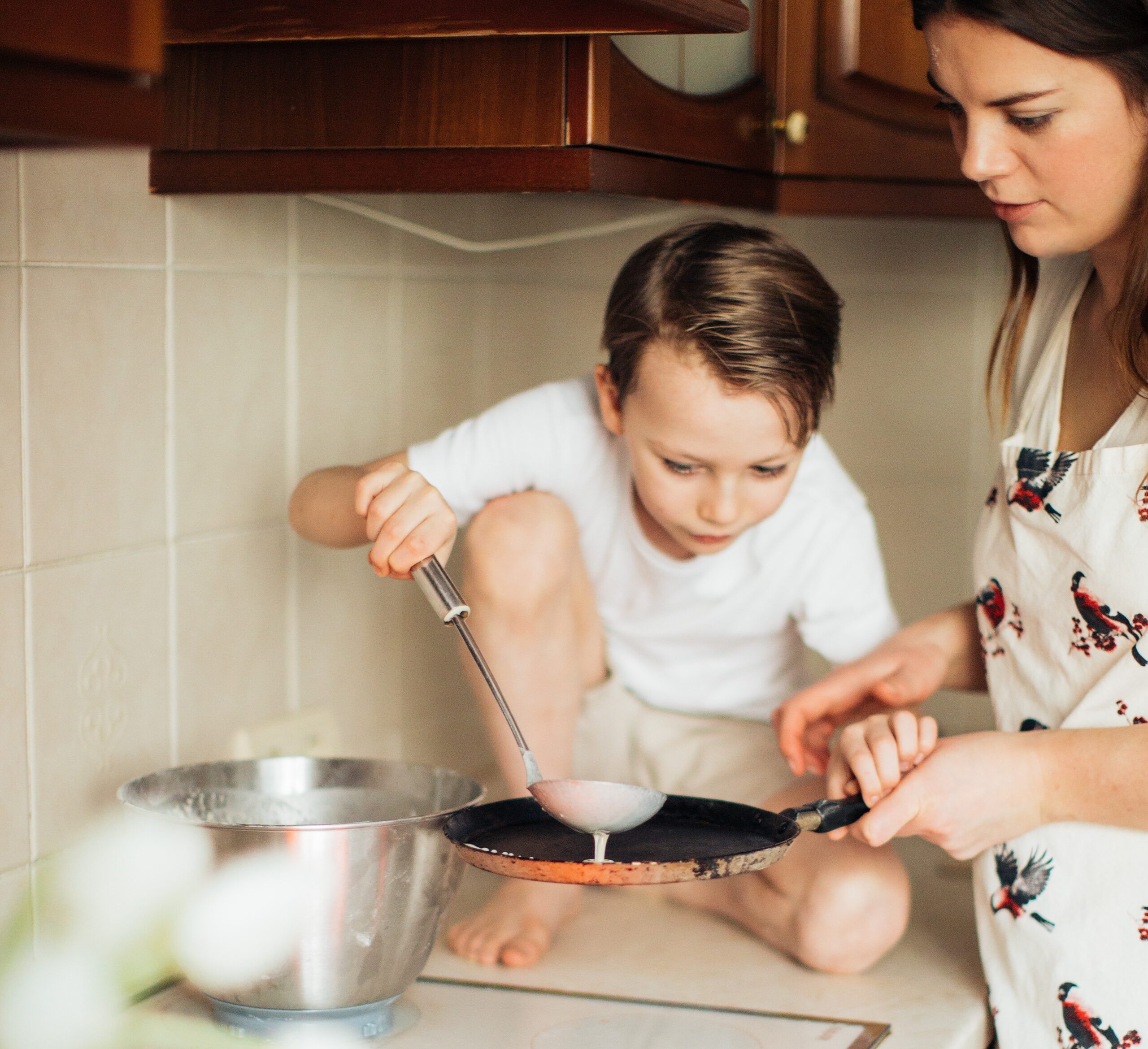
K-12 Science Experiments That Parents and Kids Can Do At Home

As parents become increasingly involved in directing their kids’ education at home, it’s completely understandable if you feel a little lost at first. Luckily, there’s a wealth of online resources to help you make the most of this time with your children. Proven, teacher-approved science experiments can be fun and educational for the entire family.
Here’s a list of proven, kid-tested activities for K-12 you complete at home:
Toddlers & Preschoolers
Sensory play is the key to helping your little one learn. At this early age, science experiments can be perfect for the growing preschooler mind. Here are some age-appropriate scientific resources that are safe, exciting, and tactile:
- Science Activities for Preschoolers: From lava to rain clouds, there are no limits to the kinds of experiments you can create in your kitchen.
- Toddler Science Experiments: These toddler-friendly activities range from magnets to ice painting. With this variety of fun experiments, your toddler can get hands on.
- Science Activities for Toddlers: Really get your preschoolers excited and interested in science by making nature collages, rainbows, and wind chimes.
Kindergarten
Now that your child is a little bit older, you can take learning to a new level. When teaching science to your kindergartner, you’ll both learn new things! Try out some of these ingenious online resources:
- Science Experiments for Kids: Make insect hotels, a lava lamp, or magnetic slime to show your kids how exciting science can be!
- Simple Science At Home: From rainbow fizz to frozen slime, your child will love these experiments. Best of all, you’ll find most of the ingredients in your kitchen pantry.
- Materials All Around Us: Using fall foliage as a base, the “Materials All Around Us” activity also works well in the spring and summer seasons. Help your child learn about Mother Nature all year long.
Science for Grades 1 to 3
If you have a first, second, or third grader, you already know that science is an incredibly important subject for this age group. As your child’s young mind is growing and developing, set the foundation for all the scientific discovery that will happen for the rest of their lives. Get them interested in science and keep them engaged with:
- Science for Young Children: Work together to make insanely cool science experiments like stalactites and quicksand.
- Classic Science Experiments: This online guide rates each experiment on messiness factor, letting parents know what to expect from every activity.
- Fun Science Experiments: Stimulate your child’s imagination and encourage exploration with experiments like invisible ink and sticky slime.
Science for 4th & 5th Graders
Older children follow yearly science curriculum. Why not align your Do-It-Yourself (DIY) science experiments with those class objectives? Here are some online guides to help this age group:
- Using the Scientific Method: It can be difficult to grasp abstract concepts, like the scientific method. This guide provides activities that break down the methodology in ways your child can understand.
- Chemistry Basics: Start with a question or even a hypothesis. Then, work alongside your child to discover the roles chemistry plays in our daily lives.
- Memorization: If your children need to memorize scientific concepts for school, this activity is a game changer. Help them excel by teaching them ways to have fun while memorizing facts.
Preteens and Middle Schoolers
Middle school is a time where preteens experience a lot of changes in their minds and bodies. The following guides provide science experiments that are age-appropriate and relevant to life experiences during middle school:
- Human Body Science: Your child will learn about hormones and endocrines with this guide, which also offers videos and live science classes.
- Fun Experiments for Preteens: These hands-on activities grasp your child’s attention, even for the busiest or most wandering mind.
Teens and High Schoolers
Many high school students are busy studying for SATs and ACTs or applying to their dream colleges. To give your teenager a reprieve from the books while reinforcing essential knowledge, complete the following activities together as a family:
- How to Win Science Fairs: This guide adds a fun twist to DIY science experiments. Meanwhile, you’ll enhance your teen’s understanding of concepts like speed, velocity, and physics.
- At-Home Science Experiments: Explore advanced concepts like non-Newtonian fluid and Gallium with these sophisticated, safe activities.
As more schools move to an online format, parents are helping educate their children from home. These K-12 activities might be a hit with the learners in your household!
